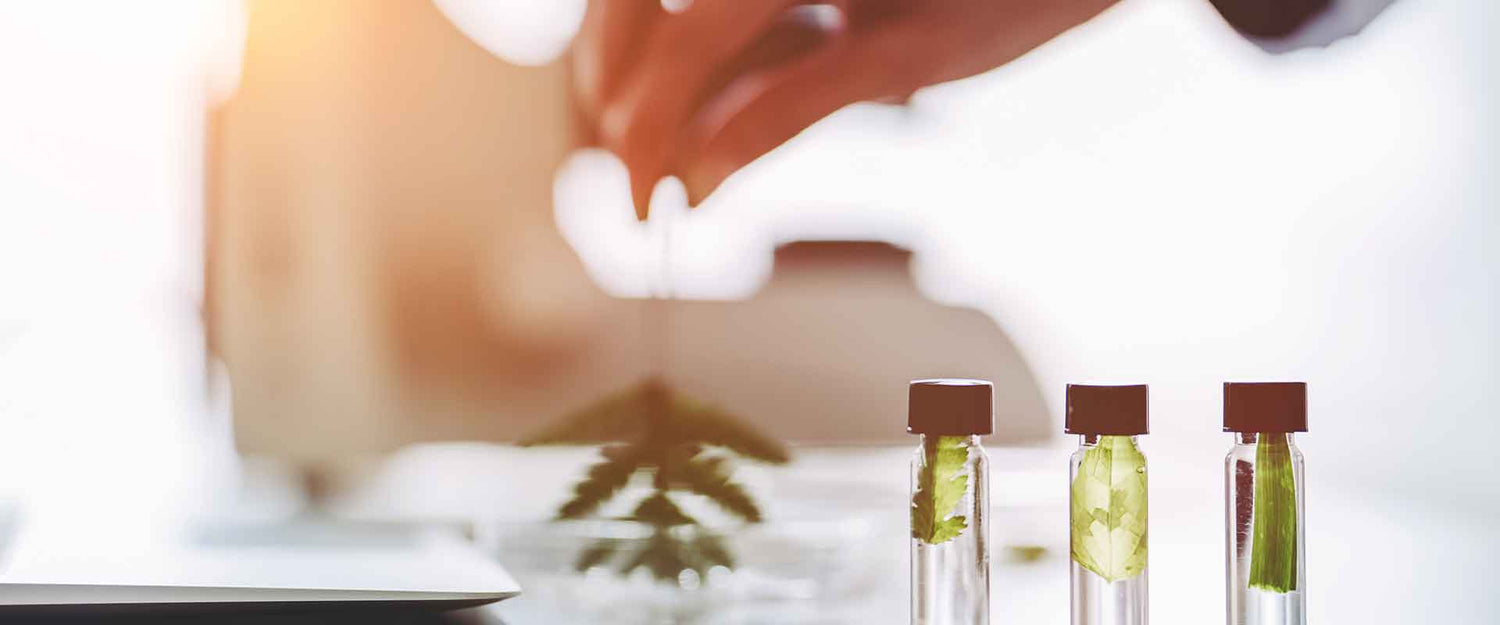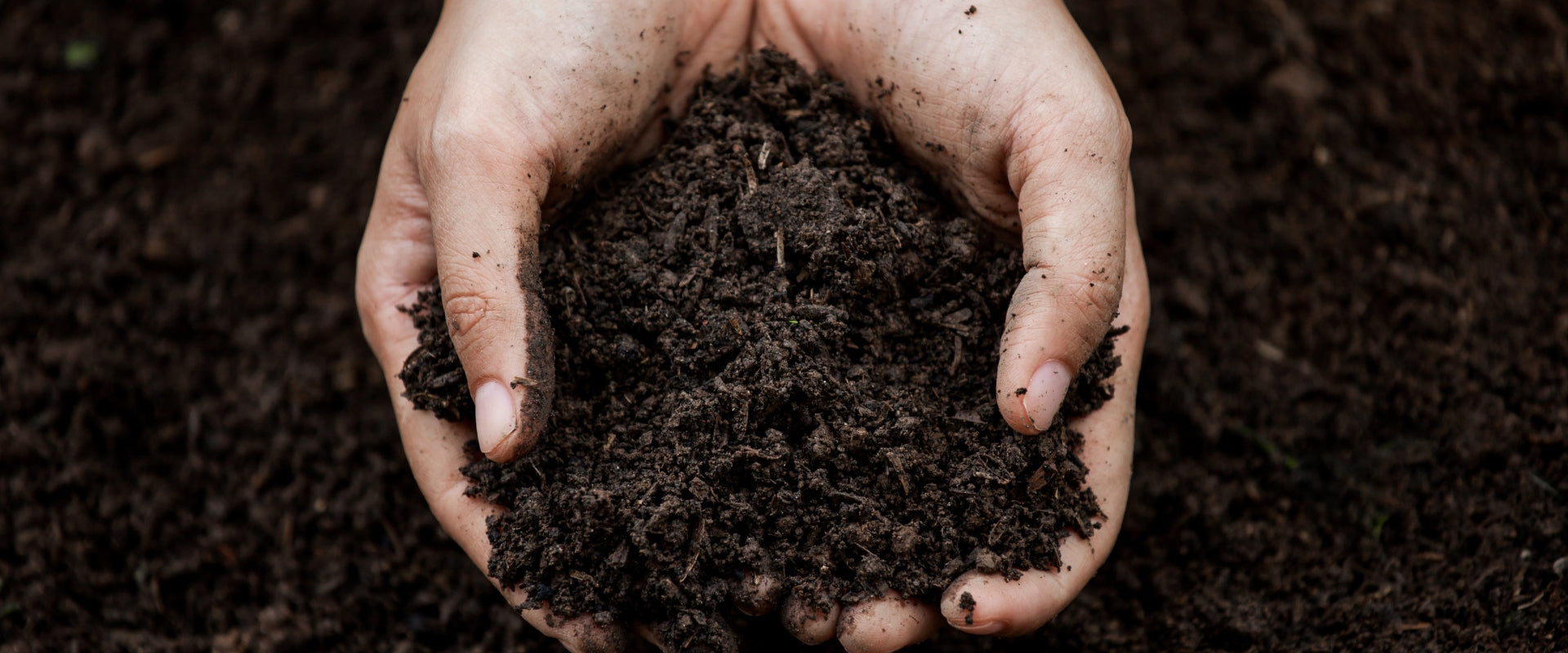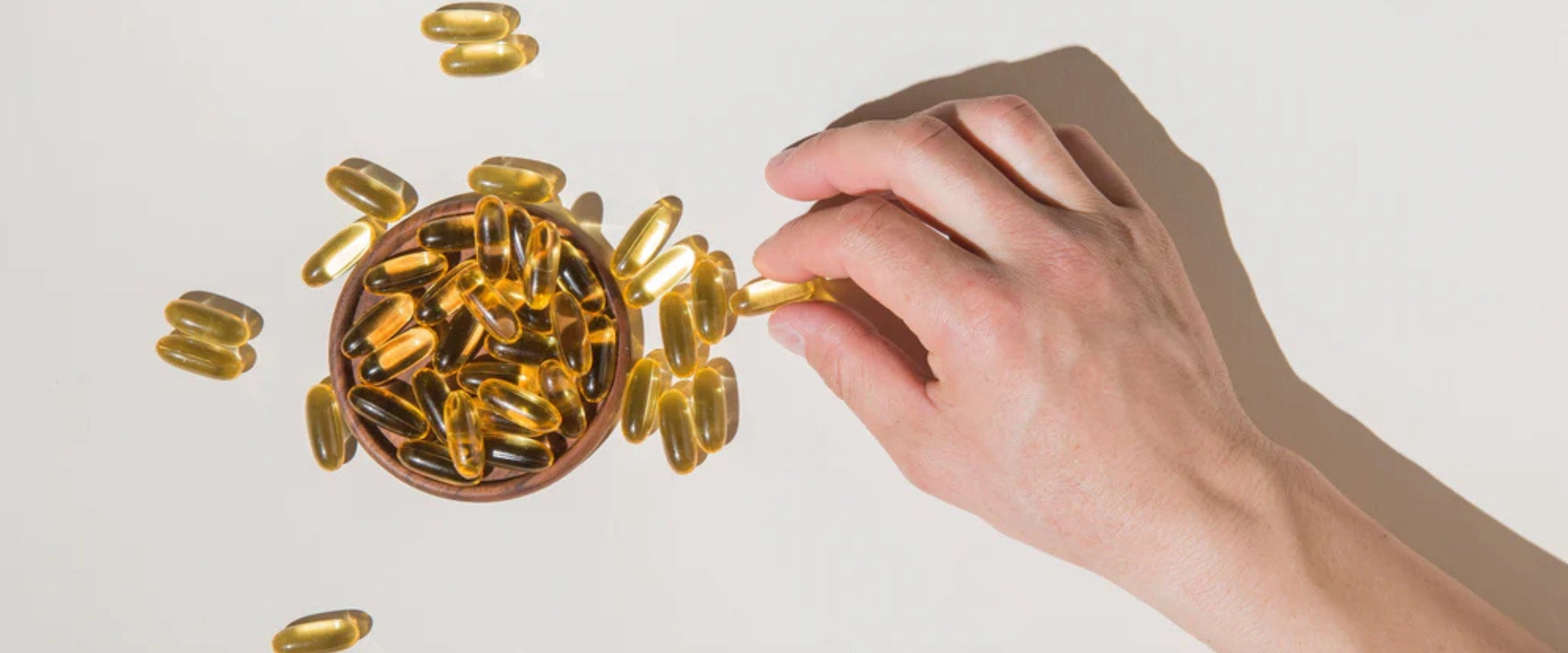Here’s why you want a “plant cop” investigating your supplements.
By Elan Sudberg, CEO of Alkemist Labs and True Grace Science & Agriculture Advisory Board member
When my older brother studied Latin in high school, I couldn’t help but pick up a handful of phrases along the way. My favorite is caveat emptor, which is entirely appropriate for a “plant cop” like me. It's the principle that the buyer alone is responsible for checking the quality and suitability of goods before a purchase is made. Another phrase I love is stercus accidit. I’ll let you look that one up, but it is often a natural consequence of not taking the first phrase seriously.
You may wonder what a “plant cop” is. As far as I know, “plant cop” is not a real thing in the law enforcement world, but it is how I describe the work I do. I co-own and run a lab that specializes in testing herbs used in herbal products to make sure they are the plants, and the part of the plant, that they are supposed to be (identity), the strength needed to give the planned dose (potency), and that they don’t contain detectable levels of anything you don’t want in there, like heavy metals or pesticides (purity). We’re known as the top botanical testing lab not only because of our expertise, but also because of our passionate advocacy for the best practices necessary to produce high quality products of botanical origin.
The bad news: Not all supplements are adequately tested
The Food and Drug Administration (FDA) is the primary agency regulating the dietary supplements industry, although there are others that have some involvement, such as the Federal Trade Commission (FTC). But the FDA is responsible for overseeing the safety and quality aspects of the products. Under the laws that regulate dietary supplements, including herbs, manufacturers are required to confirm that the materials used in a product are accurately named on the label.
When the FDA developed the rules for complying with the laws regulating supplements, they were not very specific about how, and how often, ingredients and finished products should be tested. And Congress has limited the FDA’s funding, which means fewer inspectors in manufacturing facilities than we’d like to see. It’s a combination of not enough “cops” on the ground and the belief that the industry will take the high road and use verified testing methods appropriately. Unfortunately, that’s not the case all the time.
Many of the companies making these products are committed to self-regulation, holding themselves and their peers to high standards, but enough of them cut corners to make the phrase caveat emptor very applicable in choosing which brands of supplements to buy.
Why do some companies cut corners on testing? Because testing the right way is expensive regardless of whether they use a third-party lab or have their own labs in-house. FDA regulations for dietary supplements only require “fit for purpose” testing without specific guidelines, leaving a lot of wiggle room for some companies to do the bare minimum of testing at cut-rate labs that may not provide accurate results. When a product is cheap, it’s not just because they likely used low quality ingredients in amounts too small to give any real benefit; it’s also because they likely aren’t investing in good testing.
The good news: Properly tested supplements do exist
Herbal supplements are not like generic aspirin, where the only difference between one product and another is branding and marketing. The quality of herbal products varies widely, so do a little homework before trusting a brand. There are many fantastic brands that make very high quality products using the finest ingredients skillfully formulated and delivered in the amounts that research shows will provide the promised benefits. We do the testing for most of those companies, so I can confirm that’s the truth.
So how is a consumer supposed to navigate a super saturated marketplace and feel confident that they got what they paid for? When you spend a little time doing research into the quality assurance practices of brands, you’ll find out which ones you can trust, and confidently use their products. The best brands are transparent, with a lot of information on their website about how they ensure quality. They should say more than that their products are high quality; they should explain why. Do they tell you about their ingredient sourcing practices? Are USDA certified organic ingredients a priority for them? Who formulates their products, and what training and experience do they have?
And what are the company’s testing practices? What do they test for, and how extensively? Are they just testing the raw materials, or do they test the final product as well? And do they share those test results? Are they freely and openly transparent like True Grace is, or are the answers to your questions just confusing (when you can get them)?
The plant world offers amazing gifts of health, and we’re honored to do our part in bringing you these gifts by working with companies like True Grace.
Elan Sudberg is an advocate of transparency in product testing and the CEO of Alkemist Labs, which specializes in plant authentication and quantitative analysis for the nutraceutical industry.




